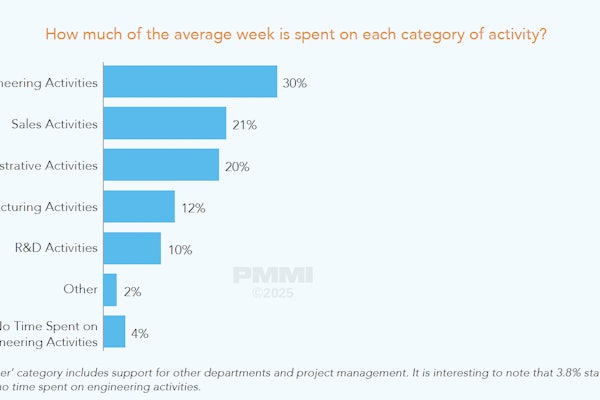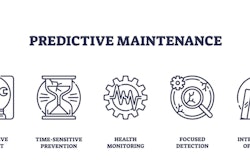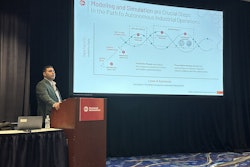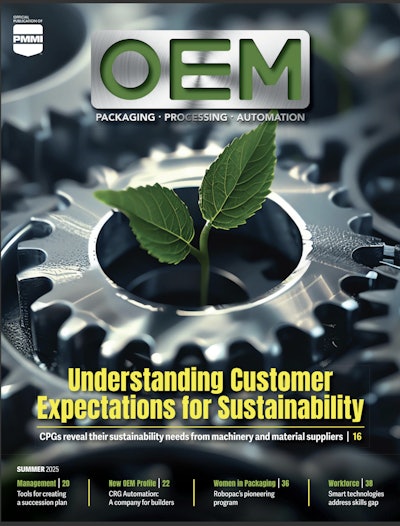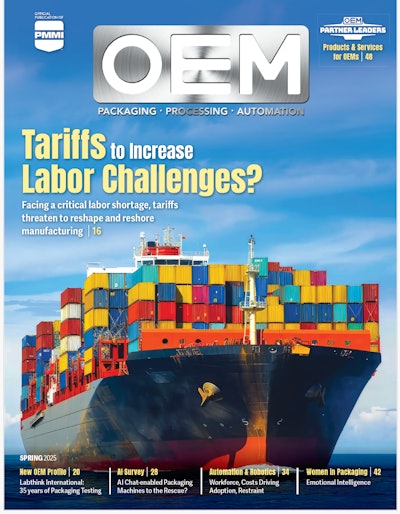Over the last five years, the Global Commitment, initiated by the Ellen MacArthur Foundation in conjunction with the UN Environment Programme, has made strides in tackling the issue of plastic pollution, but the world remains off track with 2025 goals.
While the commitment has garnered the support of over 1,000 organizations, representing a substantial portion of the world's plastic packaging industry, it is imperative to note that a considerable portion of the industry has yet to take definitive action in this domain.
The “Global Commitment Five Years In” report emphasizes that despite the progress made, the world is not currently on track to eradicate plastic waste and pollution. The business signatories are anticipated to fall short of the critical 2025 targets set by the commitment.
The participating companies, which account for 20% of the global plastic packaging sector, have demonstrated a commendable performance compared to their non-participating counterparts. These organizations have significantly reduced the utilization of problematic and excessive plastic items, maintained their usage levels of virgin plastics, and enhanced their incorporation of recycled content by more than double. This has resulted in a notable decrease in greenhouse gas emissions, alongside the conservation of fossil resources.
Sander Defruyt, the Plastics Initiative Lead at the Ellen MacArthur Foundation, underscores the learnings from the Global Commitment, affirming the feasibility of making substantial progress in addressing plastic waste. He highlights the necessity for accelerated business action and establishing international, legally binding agreements on plastic pollution.
The Foundation’s report forewarns of the potential environmental catastrophe that could ensue by 2040, with an estimated 20 trillion flexible packaging items projected to contaminate oceans unless there is a concerted effort from both the regulatory and business sectors. According to the report, the importance of ambitious policy measures and regulatory initiatives, combined with increased action from businesses, cannot be overstated.
Sheila Aggarwal-Khan, Director of UNEP’s Industry and Economy Division, also acknowledges the achievements of the Global Commitment’s signatories and emphasizes the role of the commitment in highlighting critical areas that require attention and transformation, particularly in the realm of reusable solutions and systems redesign. Over half of the reporting government signatories have established quantitative targets to expedite progress in these areas.
To catalyze global change, industry leaders must navigate through significant challenges. These include scaling reuse business models, addressing the issue of flexible packaging waste, particularly in regions with high plastic leakage rates, and developing robust infrastructure for collection, reuse, and recycling. Extended Producer Responsibility (EPR) policies are paramount in supporting these initiatives. The upcoming third round of negotiations for the international legally binding instrument in Nairobi, Kenya, is critical, emphasizing the need for collective action and commitment from all stakeholders involved.
![Global Commitment 2023 Report[85]](https://img.oemmagazine.org/files/base/pmmi/all/image/2023/10/Global_Commitment_2023_Report_85_.65397e8f27406.png?auto=format%2Ccompress&q=70&w=400)





